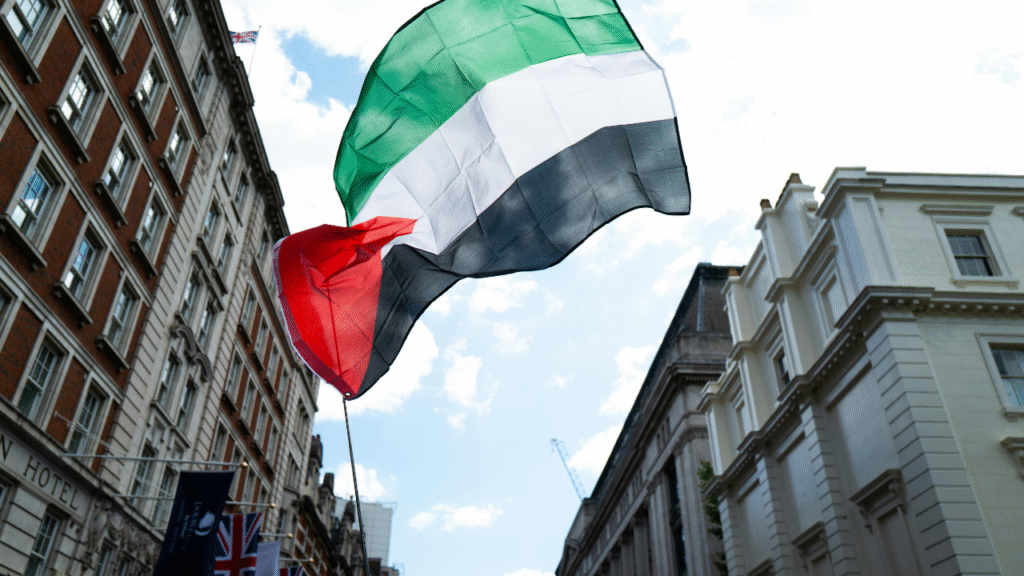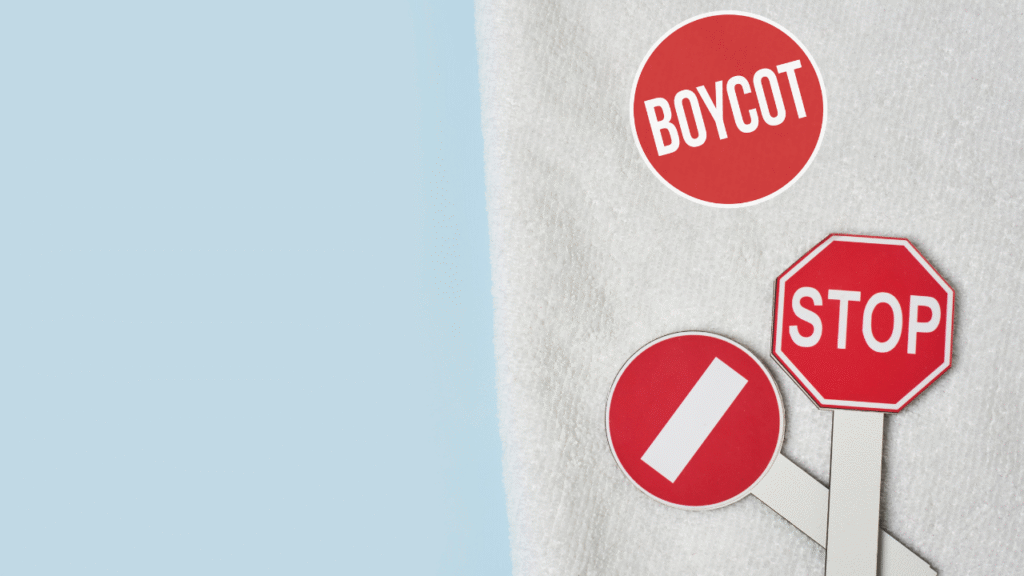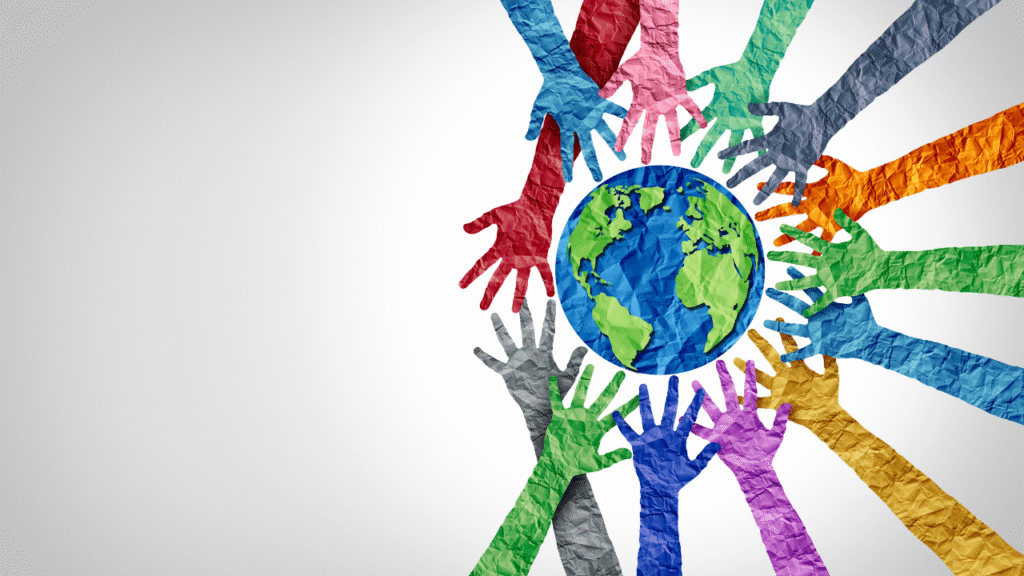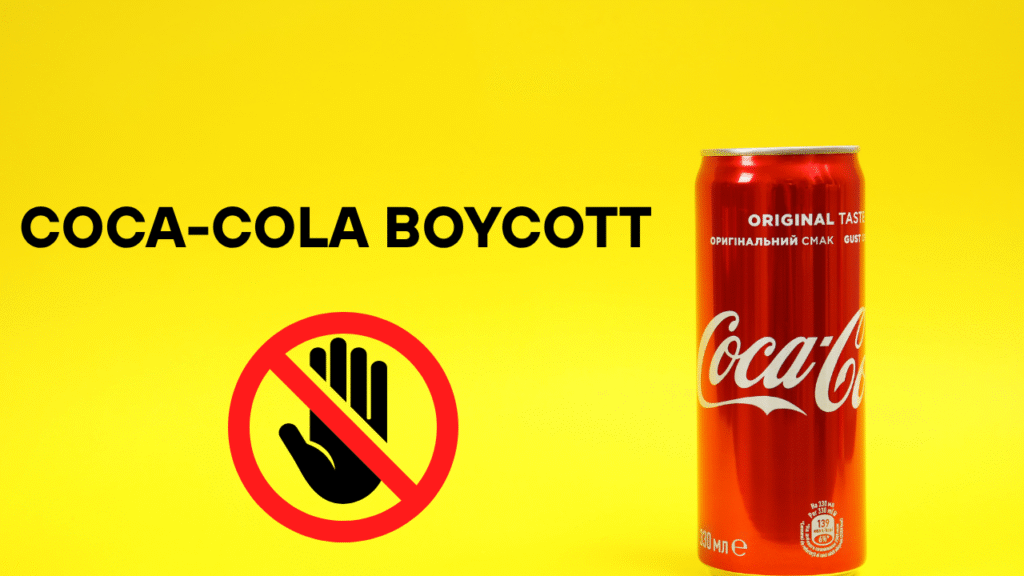The Ireland Palestine Solidarity Campaign (IPSC) Boycott Call: Consumer Activism and Solidarity with Palestine

The Ireland Palestine Solidarity Campaign (IPSC) is a prominent non-governmental organization that has been working for many years to advocate for the rights of the Palestinian people and to create global awareness against Israel’s policies of occupation and apartheid. One of the core activities of the IPSC is its comprehensive campaign urging consumers and institutions to boycott Israeli goods and services. This boycott is seen not merely as an economic action, but as a statement of conscience against the violation of international law and the treatment of the Palestinian people.
The IPSC emphasizes that the boycott is a tactic, not a principle, recalling the successful global boycott movements waged against the Apartheid regime in South Africa as a powerful precedent. The organization believes that consumers can make a tangible stand against Israel’s apartheid policies and violations of international law through a simple act—their purchasing decisions. This comprehensive guide details the IPSC’s call for a boycott, the targeted product and service categories, and the steps consumers can take.
The Consumer Boycott: Why and How?
According to the IPSC, a collective consumer boycott is one of the most direct ways to demonstrate opposition to Israel’s occupation and apartheid policies. The boycott also aims to put pressure on companies whose exports are linked to some of the most evident aspects of the Israeli occupation and apartheid. The IPSC specifically targets products manufactured in illegal settlements or those that use natural resources stolen from Palestinian land.
Call to Action: The IPSC asks supporters and those concerned about Palestinian rights to write to supermarkets and ask them to stop stocking Israeli goods.
The Israeli Barcode: As a practical guide for consumers, the Israeli barcode is noted as starting with the numbers 729. However, it is emphasized that this barcode may not appear on all Israeli products, making it crucial to always check the label or ask the supplier for the country of origin. The IPSC acknowledges that its list is intended as a guide but is not exhaustive due to changing market dynamics, brand changes, and new companies entering the market.
Categories of Products and Services Under the Boycott
The IPSC’s boycott list covers a wide range of sectors and many aspects of daily life. This demonstrates that the boycott is not limited to foodstuffs but can be applied broadly, from technology to the pharmaceutical industry.
Supermarket Products and the Food Sector
Food products are one of the most visible and accessible categories for the boycott. The IPSC specifically targets agricultural produce, as it is alleged that much of this produce is grown on confiscated Palestinian land, particularly in the Jordan Valley.
- Fruit and Vegetables: Jaffa oranges, famous for centuries before Israel colonized the Palestinian name along with the city of Yafa, are exported by Israeli agricultural companies like Mehadrin (Jaffa) and Carmel-Agrexco. Other examples include grapefruits, peppers, avocados, grapes, figs, and passion and sharon fruits. The IPSC states that much of this produce is grown on confiscated Palestinian land.
- Dates: Dates from Israel come in many brands and are particularly prominent during the Muslim holy month of Ramadan, where they can be found in many halal shops.
- Potatoes and Carrots: Israeli new potatoes are often seen in the spring before Irish potatoes are available. Carrots are also exported from Israel.
- Prepared Foods: Tivall, an Israeli company that produces vegetarian foods. Sabra, an Israeli company that sells hummus and other dips; its parent company, the Strauss Group, provides financial support to the Israeli occupation forces.
- Herbs: Commonly sold herbs such as basil, dill, tarragon, parsley, sage, rosemary, mint, chives, and others.
- Beverage Appliances: Sodastream, an appliance for home-making carbonated drinks, which was previously manufactured in the illegal Israeli settlement of Ma’ale Adumim in occupied Palestine. It now operates from the Naqab (Negev) area in the Apartheid State of Israel.
These goods are widely available in big chain stores in Ireland such as Dunnes Stores, Tesco, Marks & Spencer, Supervalu, Aldi and Lidl, as well as often unknowingly delivered to restaurants, cafes, and takeaways by wholesalers.
Hardware and Homeware Products
The boycott includes home and garden products, as some companies in this sector are noted for manufacturing in illegal settlements or exporting widely from Israel.
- Stanley/Black&Decker: Most toolboxes and plastic organizers are stated to be made in Israel.
- Keter: Exports a wide range of large plastic products from Israel, including shelf storage bins, garden sheds, outdoor storage boxes, dog kennels, and composting bins.
- Palram: An Israel-based manufacturer of Polycarbonate and PVC products such as greenhouses, roofing, gazebos, and sheds.
- Lees Carpets: Made by the Israeli company Carmel Carpets in the illegal industrial settlement zone of Barkan in the West Bank.
Beauty Products and Clothing
The focus in this category is particularly on the theft of Dead Sea natural resources and companies based in illegal settlements.
- Dead Sea Beauty Products: Includes many brands like Ahava, Dead Sea Magik, GADI21, -417, VivO, Nevo, and Sea Spa Skincare. The IPSC argues that any theft by the Israeli state or companies of natural resources from the Palestinian section of the Dead Sea constitutes War Pillage under the terms of the Geneva Convention. Ahava, being based in the illegal settlement of Mitzpe Shalem on the Dead Sea, is cited as a company guilty of this.
- YesTo: Formerly an Israel-based company that has since ‘relocated’ to the US but uses Dead Sea minerals in many of its products.
- Argan Oil-Based Products: Despite the misleading name, MoroccanOil is an Israeli company that manufactures argan oil-based hair care products. Arganicare is another Israeli company producing such products.
- Clothing: Ronen Chen is an Israeli women’s fashion label often found in boutique fashion outlets.
Pharmaceuticals
The pharmaceutical sector can be challenging for a boycott, but the IPSC recommends seeking alternatives.
- Teva: The Israeli pharmaceutical company specializing in generic drugs, which is the “leading supplier of prescription drugs in the Irish market.” The IPSC notes that for most Teva products, alternatives are available if you ask your pharmacist.
- Sudocrem: For many years thought of as a quintessentially Irish brand, it was bought out by Teva in 2016 and subsequently announced the closure of its Irish factory, relocating to Bulgaria.
Children’s Toys and Other Kids’ Products
Children’s products are also included in the boycott list.
- AMAV: An Israeli brand that markets a range of “activities” type craft boxes (plastic) and Art Easels for children.
- Tiny Love: An Israeli toy manufacturer that makes baby toys.
- Lidl’s Own Brand: Lidl’s own brand Lupilu Babywipes are made in Israel.
IT, Music, and Online Tools & Services
Technology and online services represent a modern extension of the boycott.
- Wix: The ‘DIY-website’ company is headquartered in Israel. Wix is the parent organization of the online artistic platform DeviantArt, which it acquired in 2017.
- Waves: An audio plugin development company (a joint US-Israeli venture).
- MyHeritage.com: The ancestry research and DNA testing website is headquartered in Tel Aviv.
- Connecteam: An employee management app based in Israel, though officially headquartered in New York.
- Fiverr: The controversial online marketplace is headquartered in Tel Aviv.
Multinationals Complicit in the Occupation
The IPSC also includes international companies that, while not Israeli, support or profit from Israel’s occupation and human rights abuses. This expands the scope of the boycott from direct country of origin to all institutions supporting the occupation.
- HP Hewlett-Packard: Boycottable due to the company’s deep role in helping entrench the occupation of Palestine and associated human rights abuses.
- Motorola Solutions: Boycottable as it provides surveillance in Israeli illegal colonial settlements, profiting from this violation of the Geneva Conventions (distinct from Motorola Mobility).
- Siemens: Another complicit multinational company that is building the EuroAsia Interconnector, a subsea cable that will link Israel’s electricity grid with Europe’s, allowing illegal settlements on stolen Palestinian land to benefit from Israel-EU trade of electricity.
Vehicles, Machinery, Insurance, and Energy
- Caterpillar, JCB and Hyundai: They supply the machinery used by Israel when it demolishes Palestinian homes, structures, and farmlands in Gaza, the West Bank, Jerusalem, and the Naqab (Negev) desert. Caterpillar also markets shoes, bags, tools, children’s toys, and other consumer products under its brand name.
- AXA: Multinational insurance and financial services giant. It holds investments in Israeli banks that help to finance the construction of illegal Israeli settlements. The “Don’t Buy into Occupation” coalition notes that Axa ranks 30th among the top 100 European investors in Israel’s illegal settlement enterprises.
Other IPSC Campaigns and Events
The boycott is not the sole focus of the IPSC. The organization also runs various campaigns aimed at raising public awareness and achieving corporate change:
- CRH Divest: A campaign calling on the Irish firm CRH to divest from Israeli companies.
- Nakba Campaign: Focused on raising awareness about the forced displacement of Palestinians from 1948 to the present.
- Veolia Campaign: A successful boycott campaign focusing on Veolia’s illegal activities and breaches of international law.
- Political Lobbying: Efforts to influence politicians and government officials towards pro-Palestinian policies.
- Promoting Palestinian Goods: Encouraging the purchase of goods from Palestinian sources to support the Palestinian economy, as a counter-measure to the boycott of Israeli products.
To support these campaigns, the IPSC organizes regular events. The text announces planned events for October and November 2025, including a “Run for Palestine” at the Dublin Marathon, a “Pub Quiz for Palestine,” and the “Solidarity Sessions: Educational Seminars on Palestine.”
Conclusion: The Power of the Consumer Decision
This detailed boycott guide from the IPSC provides individuals who wish to support the Palestinian cause with concrete and actionable steps. The organization demonstrates that individual consumer choices and activism can be part of a broader political and economic pressure on a global scale. The boycott is not just a rejection of a product; it is an expression of the demand for respect for international law and human rights.
As emphasized by the IPSC, the boycott list is dynamic, and consumers must be vigilant in checking labels, asking suppliers, and following current information. This extensive campaign represents one of the strongest reflections of the global solidarity movement for Palestine in Ireland.
The effectiveness of such activism is measured by the collective impact created when individual decisions converge. The detailed list and action plans provided to consumers serve as a powerful reminder that even an ordinary shopping basket can carry a significant political message. Are you encouraged to consider what values you are supporting with your purchasing decisions?








